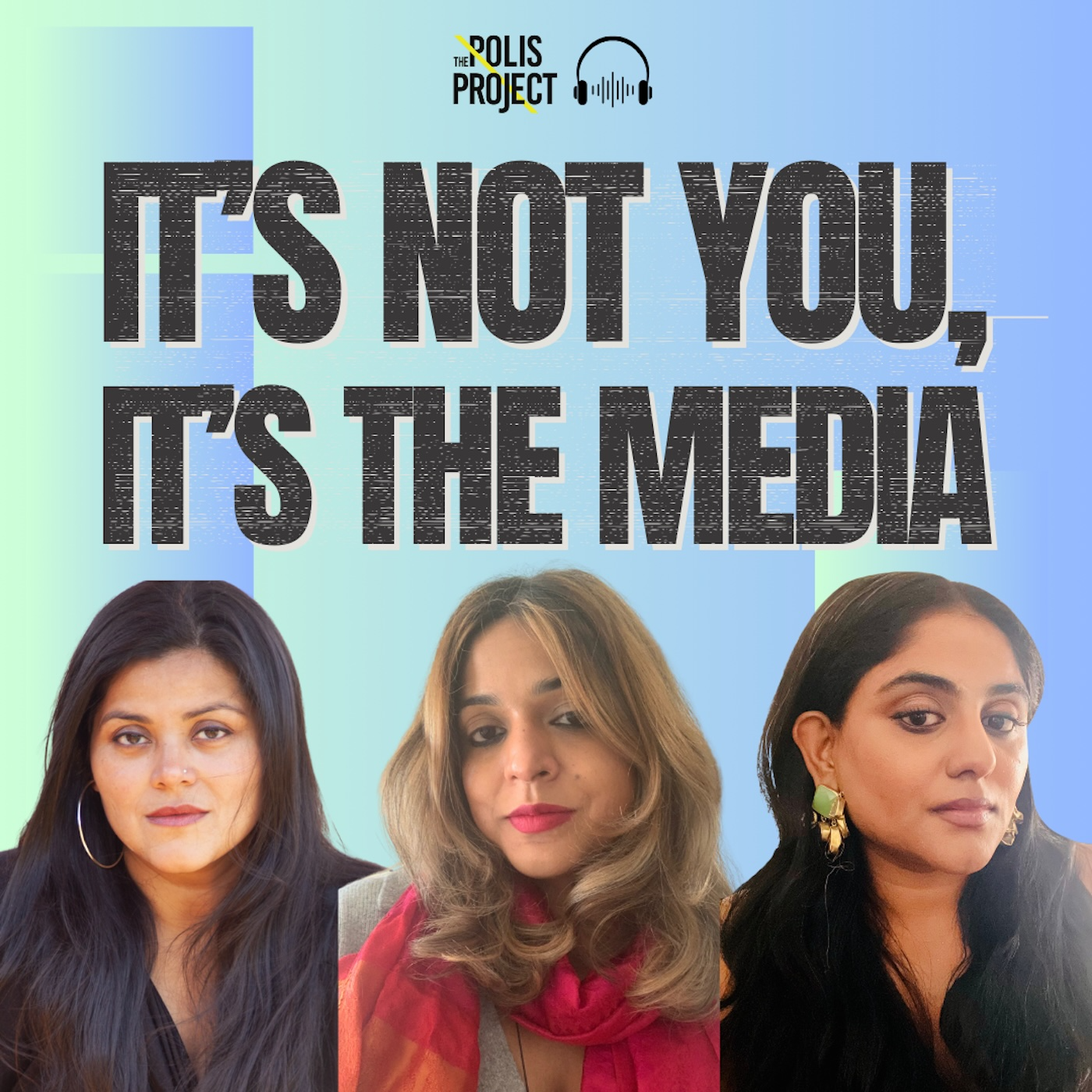Is Your Social Media Activism Working?
Suchitra, Bhakti, and Madhuri take a step back from the incessant noise of social media to dissect what all that posting really leads to. Is your social media activism actually making a difference? From the early days of Twitter-fueled revolutions to the performative hashtag activism that followed, the hosts trace the history of online organizing and examine its transformation in the wake of Palestine’s genocide. At a time when mainstream media has fully aligned with state narratives, Instagram and TikTok have become essential sources for alternative reporting — while simultaneously being controlled by billionaires with vested interests in suppressing dissent.
The episode dives into how social media has blurred the lines between activism, consumerism, and self-promotion. They interrogate the role of fundraising, questioning whether crowdfunding is empowering or an indictment of a state that has abdicated its responsibilities. They also explore the exhausting and often exploitative nature of trauma-sharing, the rise of hyper-individualized resistance, and the troubling shift of activism from structural intervention to spectacle. This episode unpacks the effectiveness — and limitations — of social media as a tool for real change.
Key Takeaways
- Sharing a post or donating to a fundraiser offers instant catharsis, but does it translate into material change? The hosts discuss how digital activism often functions as a quick, conscience-clearing act rather than sustained resistance.
- Graphic imagery of violence and oppression is widely circulated in the name of awareness, but does it radicalize or merely desensitize? The hosts challenge the ethics of “pornographic” suffering and its role in online activism.
- Crowdfunding for humanitarian aid has become necessary in a collapsing world, but it also reinforces individual responsibility over systemic accountability. There’s a shift from collective demands to reliance on the generosity of the wealthy.
- Social media has reshaped activism into a performance, where “activists” are incentivized to prioritize visibility over strategy. Algorithms and virality distort collective movements into individual branding.
- In-person organizing is crucial as seen in the ongoing pro-Palestinian protests: real-world action, not just social media outrage, is necessary for momentum.
Keywords
Social media activism, digital resistance, Palestine, fundraising, neoliberalism, crowdfunding, cultural work, performative activism, spectacle, misinformation, political organizing, billionaires, Meta, TikTok, Elon Musk, Mark Zuckerberg, trauma-sharing, de-platforming, censorship, algorithmic suppression, organizing beyond social media.
Podcast by the Polis Project https://www.thepolisproject.com

